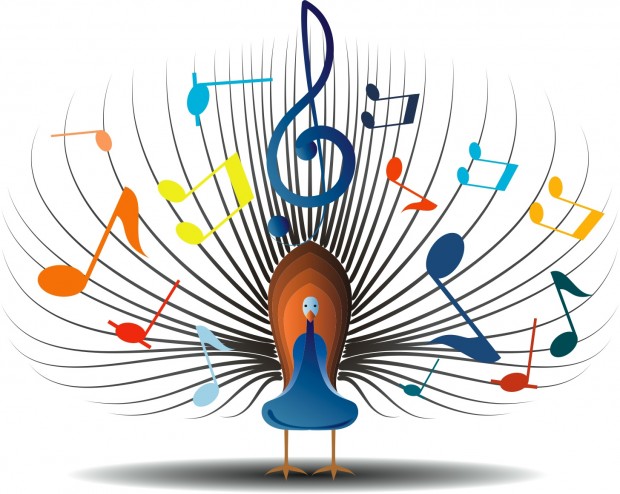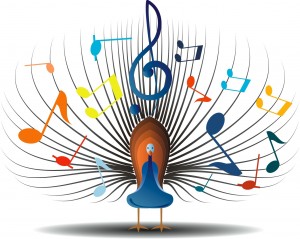
In my May 13th post on teaching, I mentioned the psychomotor (physical) and cognitive (thinking) aspects of playing an instrument. There is a third component as well, the affective, or feeling portion of the activity.
Learning is an interaction between the mind, emotions, and muscles. If I’m working with a student they are, presumably, feeling something (affective) about the concepts, (cognitive material) and working them out on their instrument (psychomotor).
As a teacher I need to consider all of these things: ideas, feelings, and actions. Doing so will allow me to develop an approach that engages the student, and gives them the drive to continue working towards mastering their horn.
 In my article, Flexibility In Teaching, I describe how I used a saxophone-playing, aquarium, skeleton sculpture to reach a middle school student, in an almost stand-up comedy type of routine. This is an example of how ideas, feelings, and actions, can be combined together to develop a teaching method that engages the student.
In my article, Flexibility In Teaching, I describe how I used a saxophone-playing, aquarium, skeleton sculpture to reach a middle school student, in an almost stand-up comedy type of routine. This is an example of how ideas, feelings, and actions, can be combined together to develop a teaching method that engages the student.
If we think back to our own education, much of it has focused too much on the cognitive matter, without any thought given to the affective and psychomotor aspects. Therefore our natural inclination when we teach, is to fall back into what we have the most experience with, and that is to tell people what they need or want to know. Unfortunately, this doesn’t utilize the affective or psychomotor aspects of learning, and tends not to engage the learner.
Music, by its very nature, is affective, and elicits feelings and emotions. As woodwind instructors, we actually have it far easier to combine ideas, feelings, and actions, than if we were calculus tutors!
For further information on the education concepts I briefly touch upon in this post, I highly recommend the book Learning To Listen Learning To Teach: The Power of Dialogue in Educating Adults, by Jane Vella. It is published by Jossey-Bass ©2002. This book is a valuable tool for anyone teaching, or facilitating in any capacity, from middle school on up. Vella’s book is available through Amazon.com.
__________________________________________________________
Helen holds a Master of Adult Education degree from St. Francis Xavier University, and has been an adult educator since the mid 1980s. She has taught saxophone and music since high school, and has been an adult educator in numerous health-related fields for both the not-for profit sector, and post secondary institutions.

Pingback: Teaching a Psychomotor Skill - The Woodwind Forum Blog